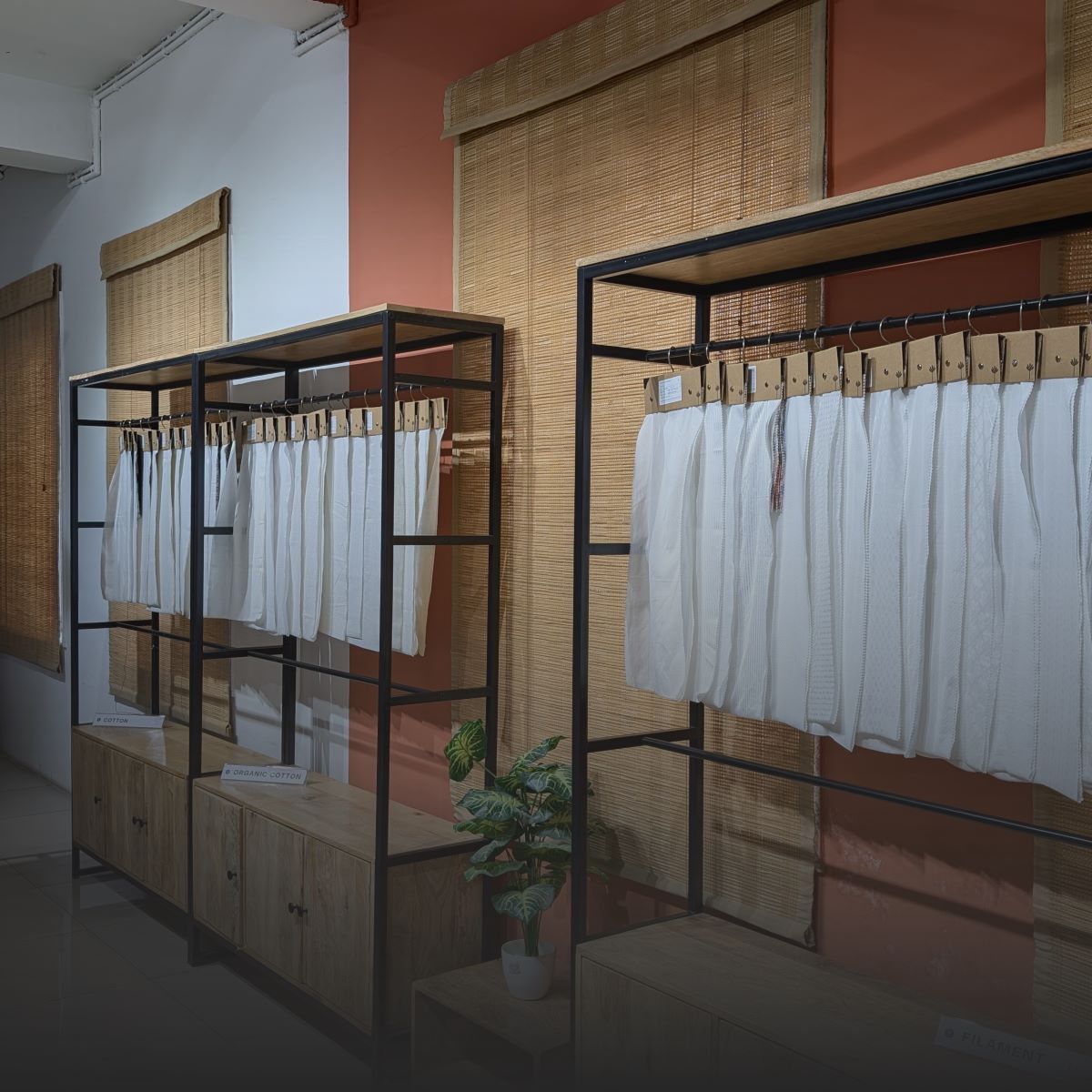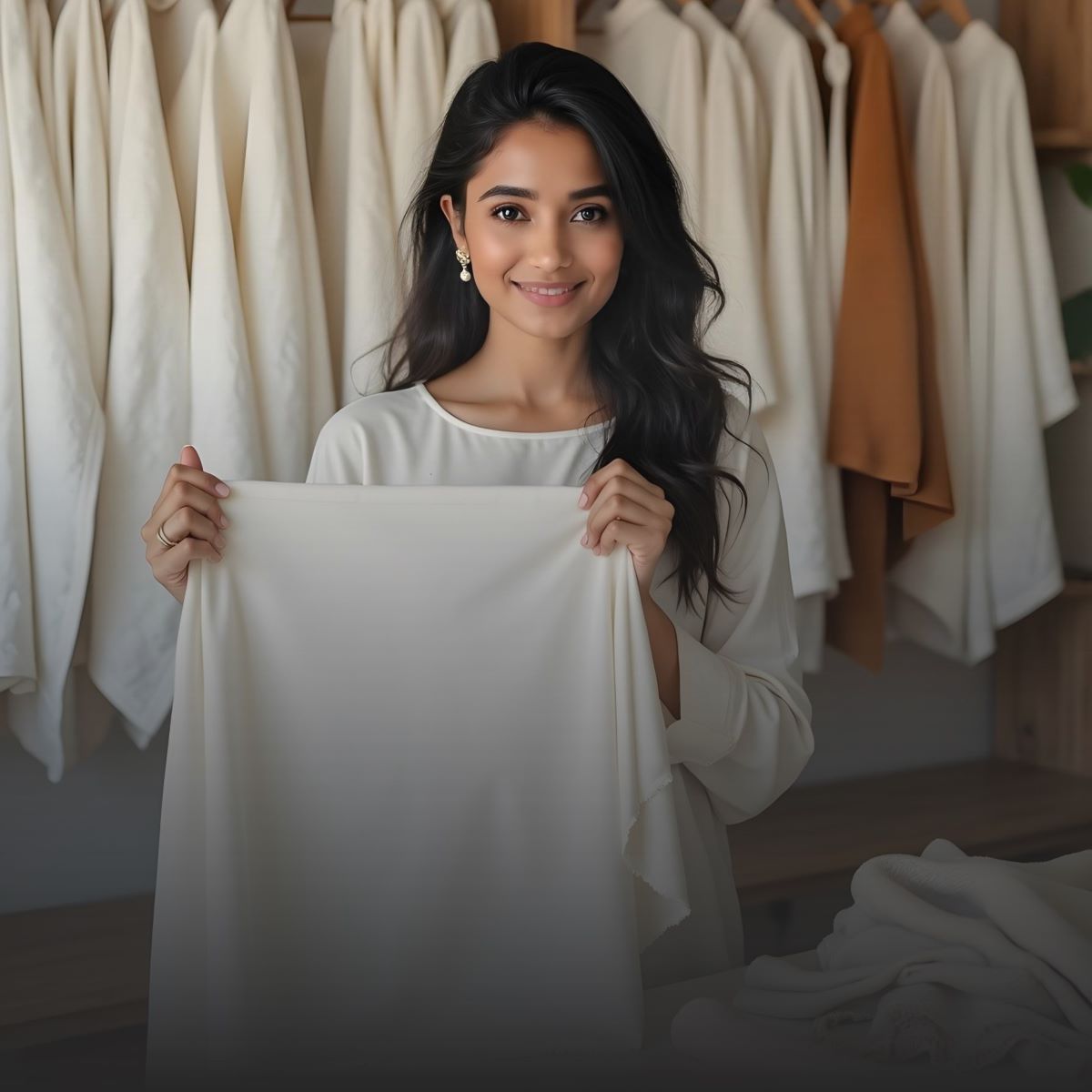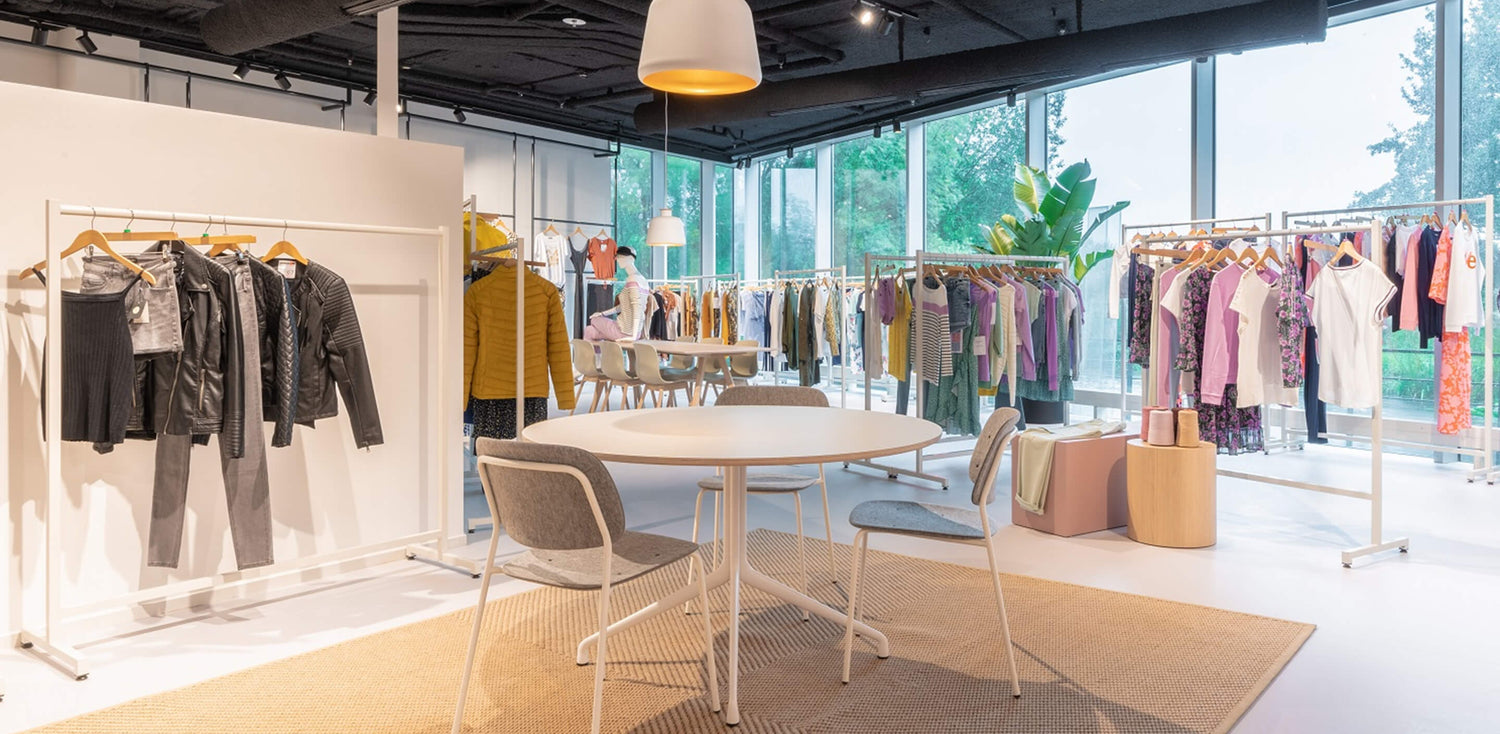Now that it's so simple to open an internet shop, many people see private label fashion as a lucrative business opportunity. For the uninitiated, "private label or private clothing" refers to a retailer's own brand of clothes and/or accessories that they conceived and manufactured themselves. One way to accomplish this goal is to team up with existing private label clothing manufacturers; another is to establish one's own manufacturing facilities.
It gives you more say in product development, design, and marketing. Additionally, private label apparel may command a higher price point than store brands.
This article delves further into private label clothing, exploring its advantages and disadvantages as well as the necessary stages for a successful launch. Okay, so let's get going.
A meaning of private label
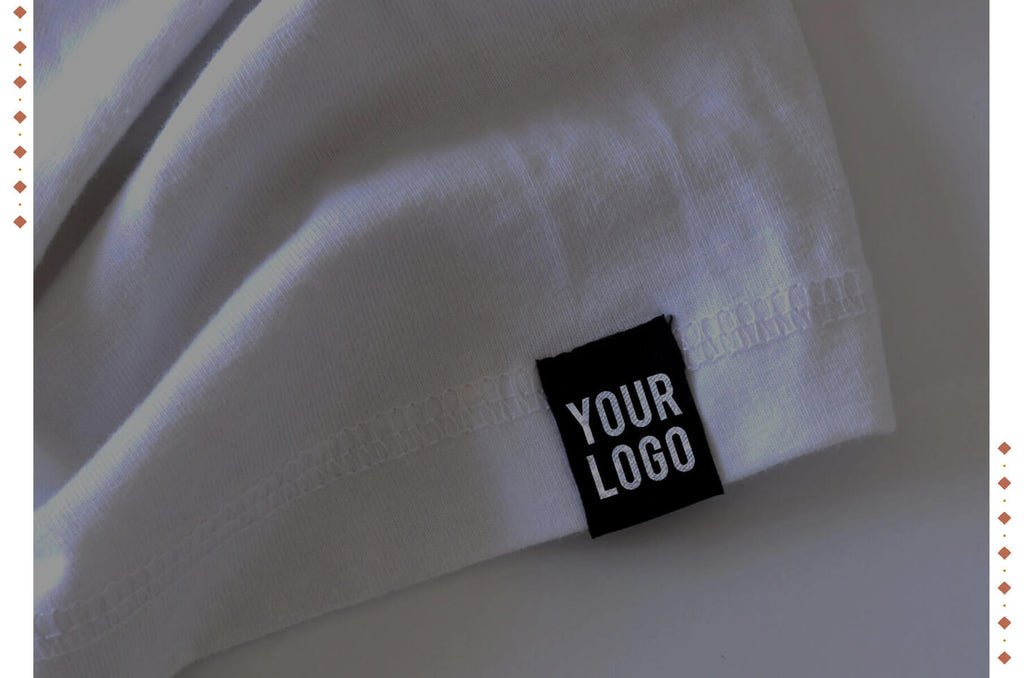
Produced by a manufacturer but marketed under a different brand name, private label clothing is also known as branded clothes. T-shirts are a common example of a product that is often made by one company but marketed and sold under another. In other words, it's an OEM (original equipment manufacturing).
It's a way for businesses to benefit from another firm's know-how and production capacity while keeping their own name on the goods. This is a great alternative for new businesses who don't yet have the funds to invest in designing and manufacturing their own apparel lines. Examples of profitable private label products may be found in this section.
Benefits of Private Label
Loyal Customer Base

To begin, when you have your own private label brand, you get to decide exactly how your clients see you. You get to choose the patterns you carry, the colors and cuts you provide, and the frequency with which you roll out new collections. Private label clothing manufacturers may be an integral part of a successful branding strategy that results in devoted customers that often shop at or frequent the business's physical or virtual location.
Cost Effective
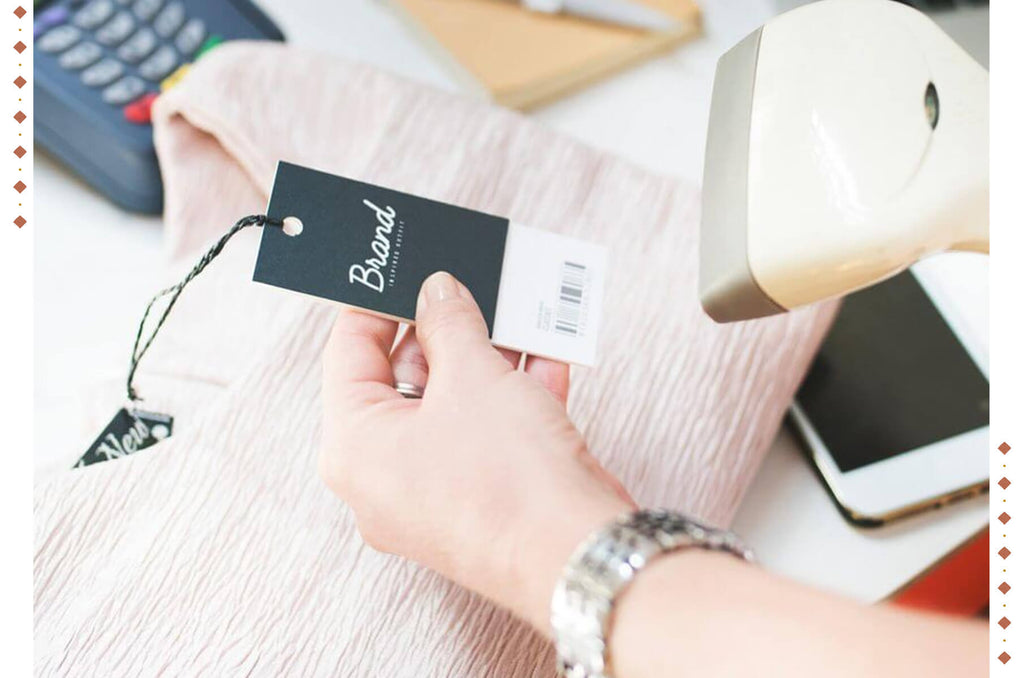
The fact that private label apparel may help you save money is another perk. The cost of textile sourcing may be reduced by ordering in quantity from a private label apparel manufacturer. This strategy may help you save money without sacrificing the quality of the clothes you provide to your consumers.
Increased Margins
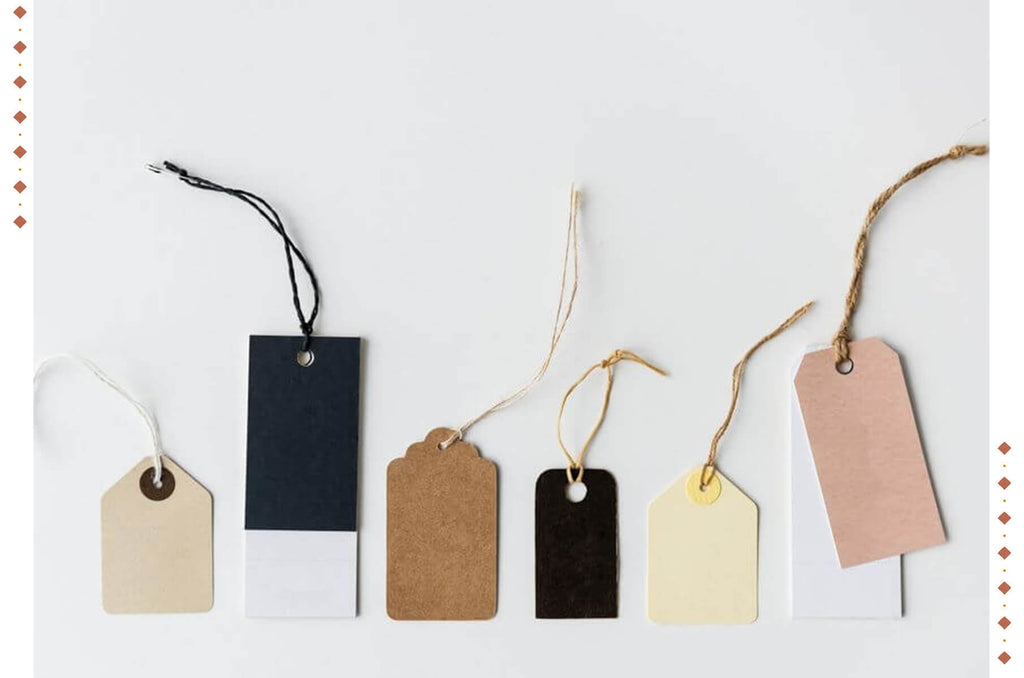
Private label clothing is not only more economical but also may help you expand your profit margins. With no competition, you can charge whatever you choose for your brand of apparel and keep more of the sale's proceeds. For companies of all sizes, this is one of the main selling points of private label apparel. You have total say over your brand, which means you may employ advertising and promotion to boost sales and raise prices.
Improved Quality Control

Managing the whole manufacturing process is possible when working with a best private label clothing manufacturer. This allows you to check that each fabric of clothing is of the highest quality and will last as long as you want it to. Further, you may be certain that cutting-edge methods and equipment are being used to manufacture your garments since you are dealing with a team of specialists. This guarantees that the quality of everything sold in your shop is consistently high.
Greater Flexibility

When you start your own private label company, you get to make any goods you choose. Fabrics, colors, designs, and sizing for your wares are all up for grabs. Moreover, you have complete control over the frequency of collecting drops and stock levels. As a result, you'll be able to keep up with the current style trends and react swiftly to the needs of your clients.
Enhanced Customer Service
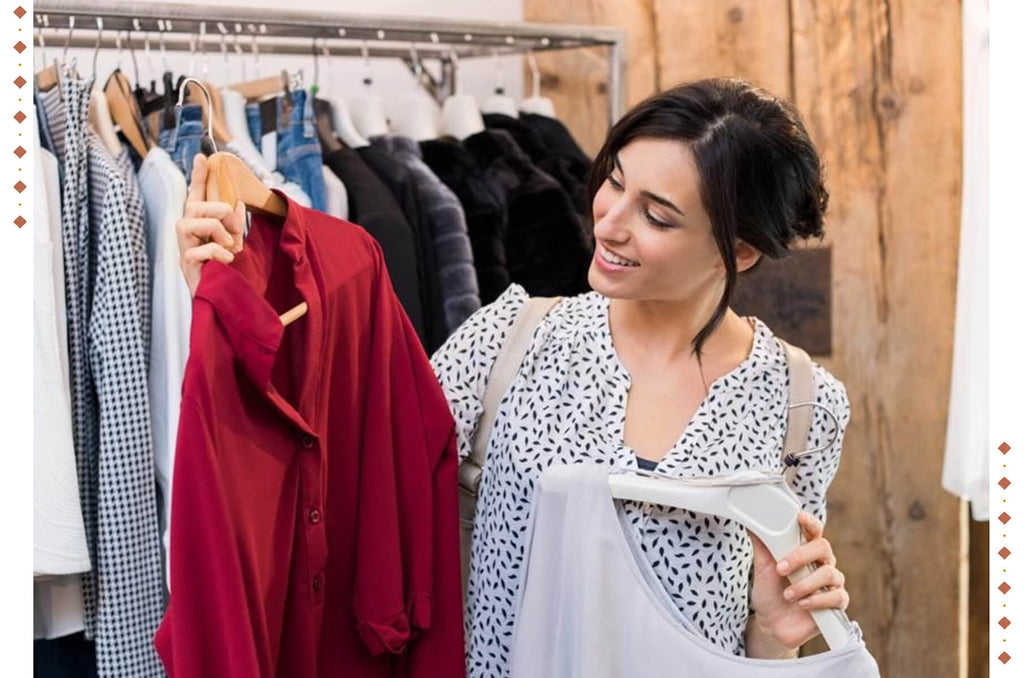
When you collaborate with a private label clothing manufacturer, you'll have the opportunity to build a strong working connection. Therefore, if there are issues with your purchase, you may have them fixed promptly and easily. Also, if you ever need to make a modification to your purchase or send it back, you'll have a lot easier time doing it. As a result, you may be able to provide superior service to your clients.
Market place
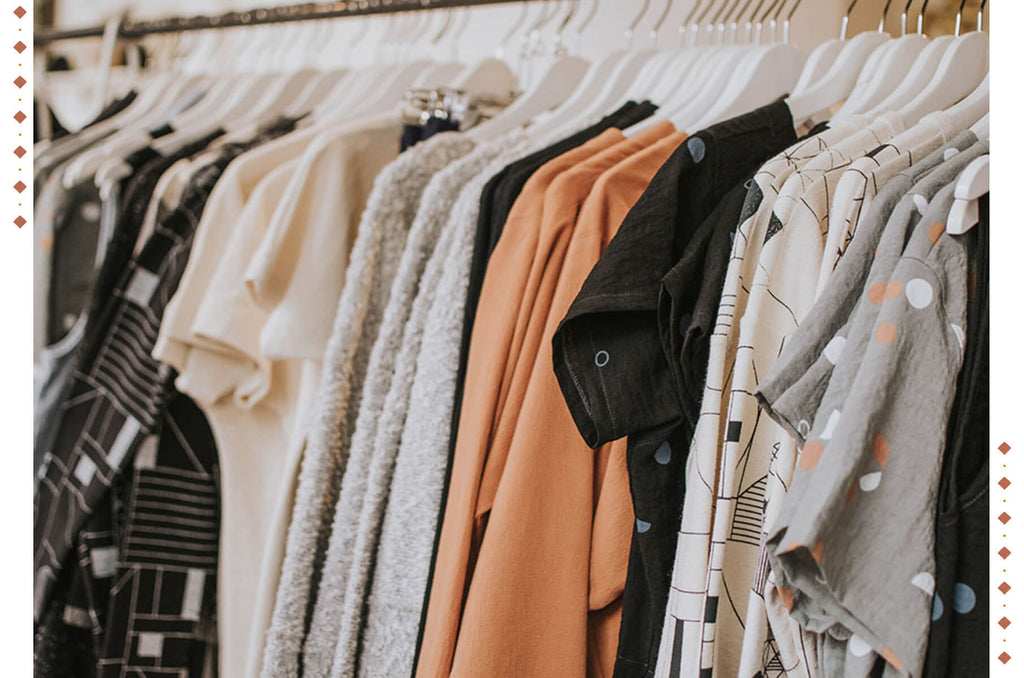
Private labels can provide a distinct advantage in the marketplace. Differentiating your company from competitors in your field is possible thanks to your brand. If you do this, you may be able to increase your client base and therefore expand your company. In addition, you will be able to establish a solid name for quality and value since you will be in charge of your own branding and image. This might give you an advantage over more established firms in your field.
Enhance sales
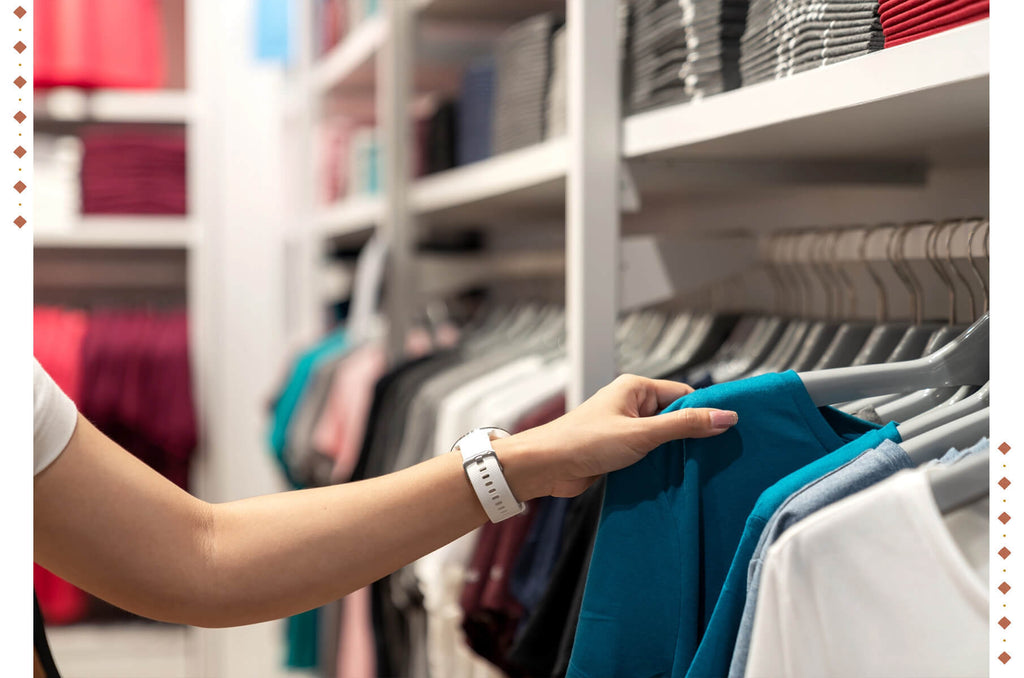
Private label clothing is a great way to boost business. Customers are more inclined to make a purchase if they believe the item is exclusive to your business. When selling private label apparel, you may charge anything you choose. If you sell apparel, this implies you may charge more for each piece. It helps your company establish a more distinct personality in the market. This has the potential to boost customer retention and bring in new clients.
Increased Efficiency
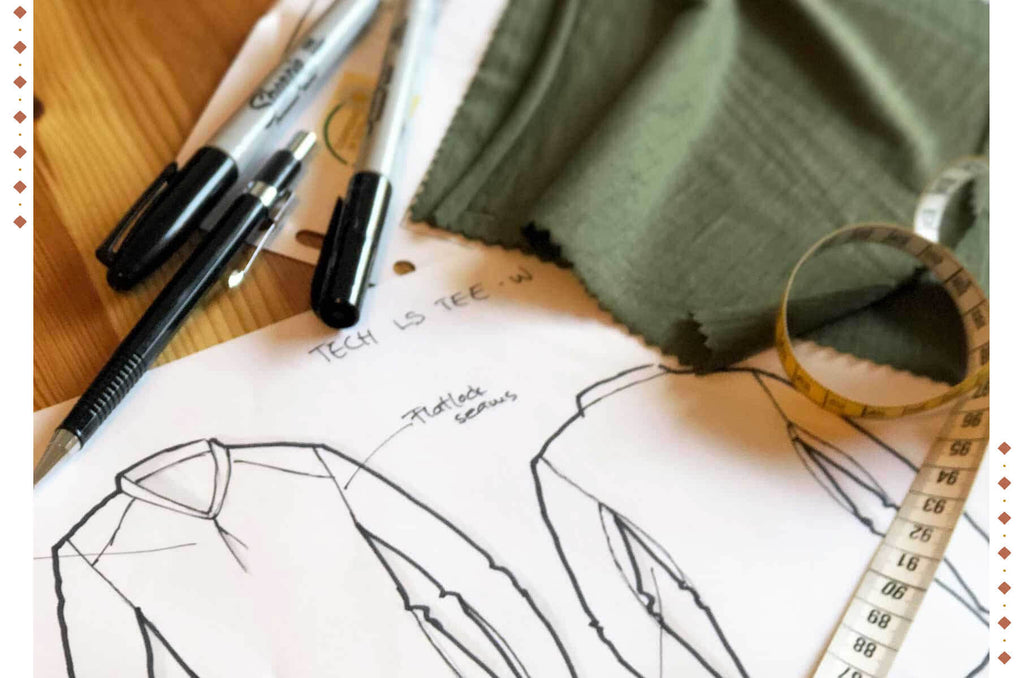
Clothing with a company's own label may help employees do their jobs more quickly and effectively. This is so because you may save effort and money on promotion efforts. Customers will have no trouble tracking you down thanks to your brand. In addition, being in charge of stock levels allows you to deliver on consumer demand at all times. There may be fewer client complaints and higher productivity as a result.
Ability to Scale
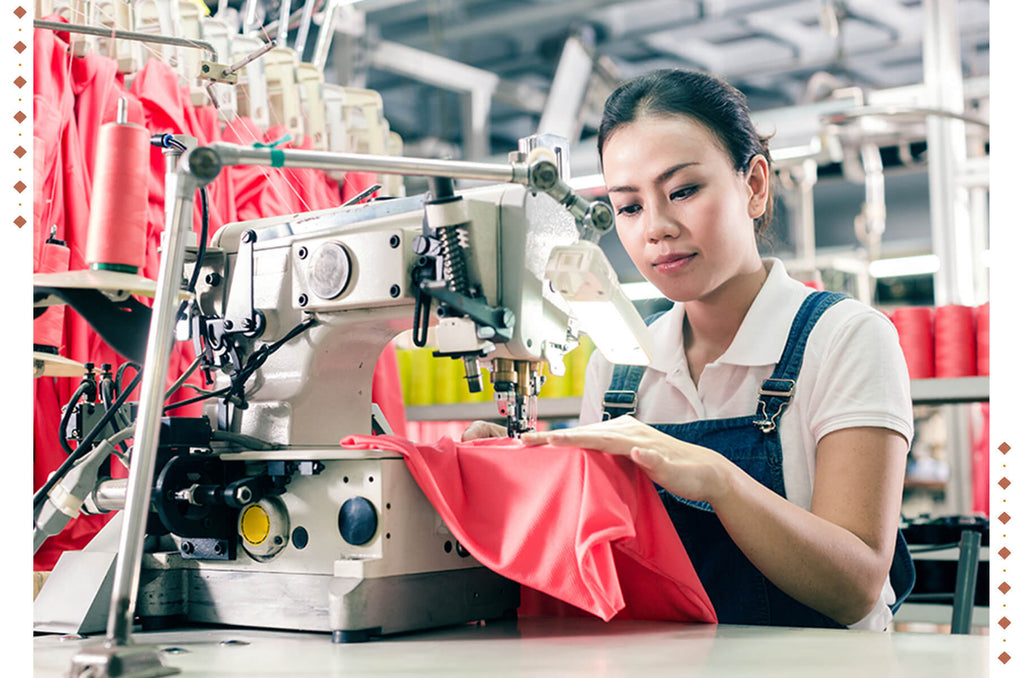
The production of your private label clothing line may expand along with your company. By switching to this method of production, you may boost output with no additional infrastructure costs. The time and money you save may be used toward expanding your company.
FAQ
What Is A Private Label Strategy?
One kind of branding is known as "private labeling," in which one business produces goods but sells them under the label of another. Manufacturing firm becomes a "white label" supplier, allowing other firms to sell goods under its own brand.
Is A Private Label The Same Thing As Store Branding?
Store branding, in which a merchant only adds its name to items sourced from other manufacturers, is distinct from private labeling. A retailer's private label approach involves collaboration between the retailer and the manufacturer to produce an item tailored to the store's needs.
We also happen to be a magnet for suggestions, and would love to catch yours….throw us yours on hello@fabriclore.com
